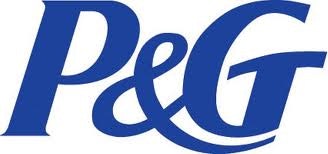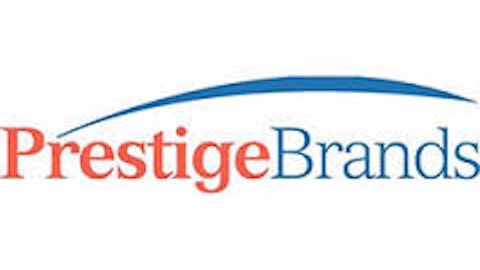While Jim Cramer’s goal may be to make you money, his manically delivered advice is a danger to the individual investor. Cramer, host of CNBC’s Mad Money, is a trader. He’s not an investor, and his advice is that of a man who trades in and out of stocks in short order. You don’t build wealth by trading, unless of course you run a hedge fund and the money that you’re trading with isn’t yours. You build wealth by investing for the long-term in quality companies at fair prices.
The most famous of Cramer’s bad advice is his statement that “Bear Sterns is fine” literally days before the firm collapsed in 2008. It’s amazing that people still follow his advice after that episode. Recently Cramer suggested a pair trade involving The Procter & Gamble Company (NYSE:PG) and a similar packaged goods company, but before I get to that I want to ask a question:
Would you take investment advice from the founder of an unprofitable company?
Cramer founded TheStreet, Inc. (NASDAQ:TST) in 1996 and today the company consists of several websites which offer free and premium advice. In the years preceding the financial crisis the company earned a profit, but since 2009 revenue has been declining and earnings have been resoundingly negative.
If a man who gives advice for a living can’t run a profitable business which sells said advice, is it really wise to listen to him at all? Another thing – I don’t see historical performance for any of the subscription products on the website. If you’re selling stock picks but don’t disclose performance chances are your advice is not the best. The Motley Fool discloses the performance of all of its subscription products, good or bad, so investors can make an informed decision. Cramer, on the other hand, is apparently trying to fool you.
Living earnings call to earnings call
In January of this year Cramer declared that The Procter & Gamble Company (NYSE:PG) is “poised to be the best stock in the Dow” after what he called a fabulous conference call. P&G is a big company with a solid dividend, but it was obvious that this advice was “trading advice,” not investing advice. If a single conference call changes your opinion on a company like P&G then you’re far too fickle to be an investor.
About 5 months later, after The Procter & Gamble Company (NYSE:PG) stock had climbed by about the same percentage as the Dow Jones Industrial Average, Cramer suggested shorting P&G while going long in a similar company.
So let me get this straight. A stock which Cramer called the best in the Dow performs the same as the Dow for five months and suddenly shorting it is a reasonable thing to do? Telling the average investor to short The Procter & Gamble Company (NYSE:PG)is ridiculous advice. On top of that, he didn’t explain that shorting a dividend stock requires you to pay the dividend to the person whose shares you’ve borrowed. Or, when you should cover your short, for that matter.
Now, this advice was part of a pair trade where you short The Procter & Gamble Company (NYSE:PG) and go long a similar company – I like The Clorox Company (NYSE:CLX). If the whole market goes up or down the long and short effectively cancel each other out, but if P&G goes down and Clorox goes up you make money. So instead of simply buying the stock of The Clorox Company (NYSE:CLX) Cramer suggests that you gamble on short-term price fluctuations. Great advice.
Just buy Clorox
The Clorox Company (NYSE:CLX) pays a 3.1% dividend, recently increased that dividend by 11%, and owns a variety of dominant consumer brands. Instead of doing a complicated pair trade like Cramer suggests, just buy the best stocks at reasonable prices! Any advice other than that is worthless. Cramer gives trading advice masquerading as investing advice, and unfortunately people listen. Cramer claims to be an entertainer, but when you’re on CNBC giving investing advice some people are going to take you seriously.
The bottom line
There’s a difference between trading and investing. Cramer is a trader, and his advice reeks of it. The average person, if they’re looking to build wealth, will not succeed by trading. They will likely do far worse than the market, although it will be more exciting than investing in an index fund. I’d rather boringly build wealth than excitingly destroy it. It’s clear to me, and hopefully clear to you, that Cramer is bad for your wealth.
Timothy Green has no position in any stocks mentioned. The Motley Fool recommends Procter & Gamble.
The article Cramer Is Bad For Your Wealth originally appeared on Fool.com.
Copyright © 1995 – 2013 The Motley Fool, LLC. All rights reserved. The Motley Fool has a disclosure policy.






